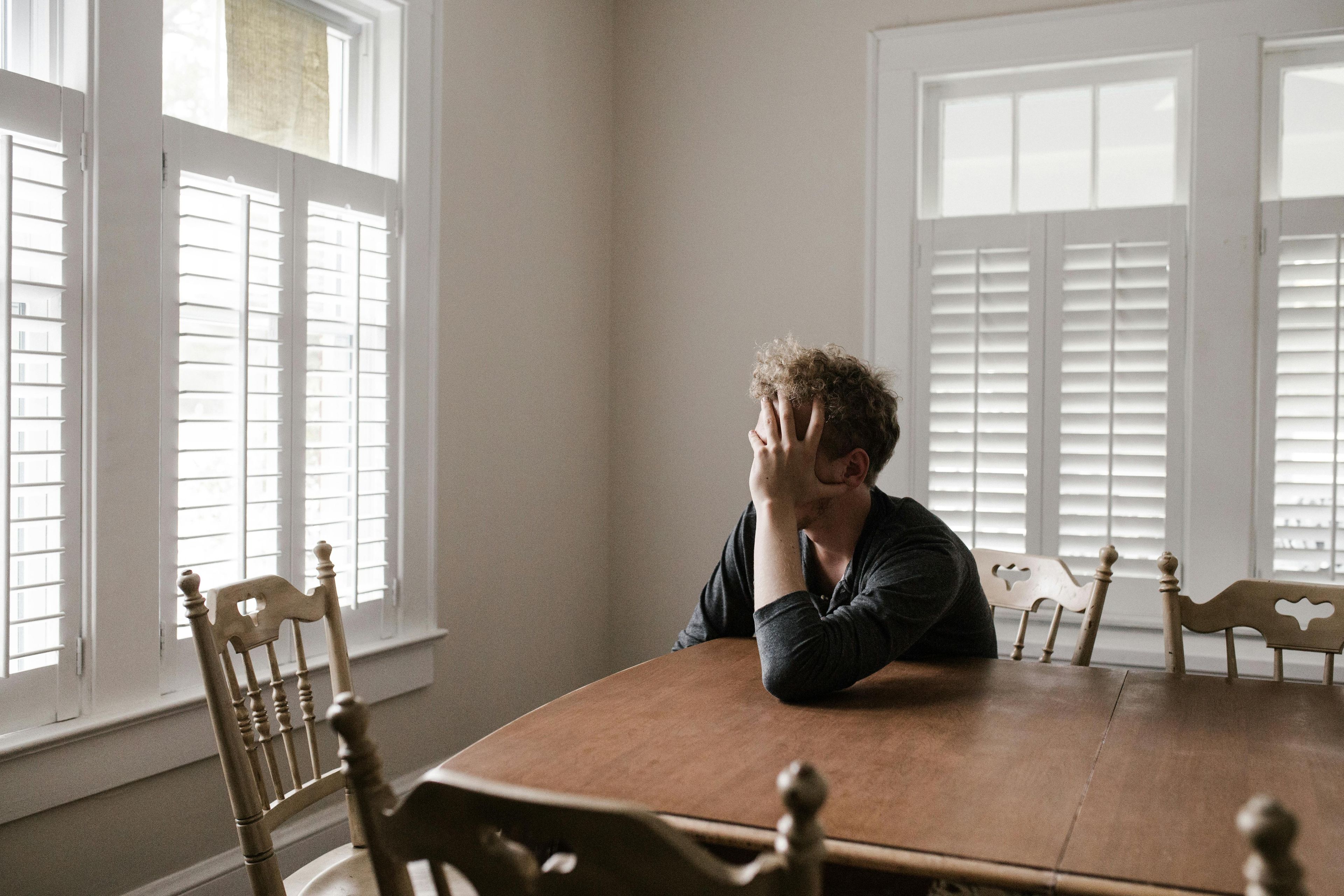Blog · Loneliness · Society
The Loneliness Epidemic: Why We Feel Alone in a Connected World

Ever feel like you’re surrounded by people but still somehow alone? You’re not imagining it—loneliness is becoming a modern epidemic, even in our hyper-connected world. Let’s dive into what’s really behind this feeling, why it’s on the rise, and most importantly, what you can do to break the cycle.
What Is Loneliness, Really?
Loneliness isn’t just about being physically alone. It’s a subjective feeling—a gap between the relationships you want and the ones you actually have. That’s why you can feel isolated even in a crowded room or while scrolling through endless social feeds.
“How do you explain loneliness that comes not from having nobody around but from not being understood?”
This quote perfectly captures the difference between being alone and feeling alone. The real issue isn’t a lack of people; it’s a lack of meaningful connection.
Why Do We Get Lonely? (Hint: It’s Not Just You)
From an evolutionary perspective, loneliness is like hunger or thirst—a signal that motivates us to seek connection. In the past, being part of a group meant survival. Alone, we had to be extra vigilant, scanning for threats. Today, that same hyper-alertness can backfire, making us anxious, withdrawn, and even more isolated.
The Downward Spiral
- Negative emotions (anxiety, sadness, shame) lead to withdrawal.
- Withdrawal increases loneliness.
- Loneliness makes us see social situations as more threatening.
- We act in ways that push others away, which again, increases feelings of loneliness.
It’s a nasty cycle, but understanding it is the first step to breaking free.
The Surprising Stats: Who Feels Loneliest?
Recent global studies show that loneliness is especially common among young people. Here’s what the numbers say: 25% of people aged between 15 and 19 report feelings of loneliness. For people aged 19-29 it's 27%. And acutally the group that feels the least amount of loneliness are people 65+ years old.
Surprisingly, older adults report the lowest rates of loneliness, busting the myth that loneliness is just an “old people problem.”
Social Media: Friend or Foe?
While 58% of young adults turn to social media when feeling lonely, most adults still prefer in-person interactions. The truth? Digital connections rarely satisfy our deep need for real, meaningful relationships. A quick DM can’t replace a coffee date or a genuine conversation.
The Health Risks of Loneliness
Loneliness isn’t just a feeling—it’s a health risk. Chronic loneliness is linked to:
- Higher risk of heart disease, high blood pressure, and obesity
- Weakened immune system
- Increased risk of depression and anxiety
- Higher mortality rates (loneliness increases risk of early death by up to 14%)
Breaking the Cycle: What Actually Works
The good news? You can take action—starting today. Here are proven ways to fight loneliness:
- Be proactive: Don’t wait for others to reach out. Make plans, send the invite, take the first step.
- Prioritize real connections: Texting is fine, but face-to-face time is gold.
- Join groups: Shared hobbies or causes are a great way to meet like-minded people.
- Volunteer: Giving back not only helps others but also gives you a sense of purpose and connection.
- Challenge negative thoughts: Notice when you’re expecting rejection or assuming the worst—then gently question those beliefs.
Final Thoughts: You’re Not Alone
Loneliness is more common—and more serious—than most people realize. But it doesn’t have to be a life sentence. By understanding what’s really going on and taking small, practical steps, you can break the cycle and build the kind of connections that truly matter.
Remember: Meaningful relationships are one of the key pillars of happiness and fulfillment. So reach out, stay proactive, and cherish the connections you have. You’re not alone in feeling alone—and you can change it.
Interested in this topic? Go listen to the full episode:
Remember: Meaningful relationships are one of the key pillars of happiness and fulfillment. So reach out, stay proactive, and cherish the connections you have. You’re not alone in feeling alone—and you can change it.
Interested in this topic? Go listen to the full episode:
